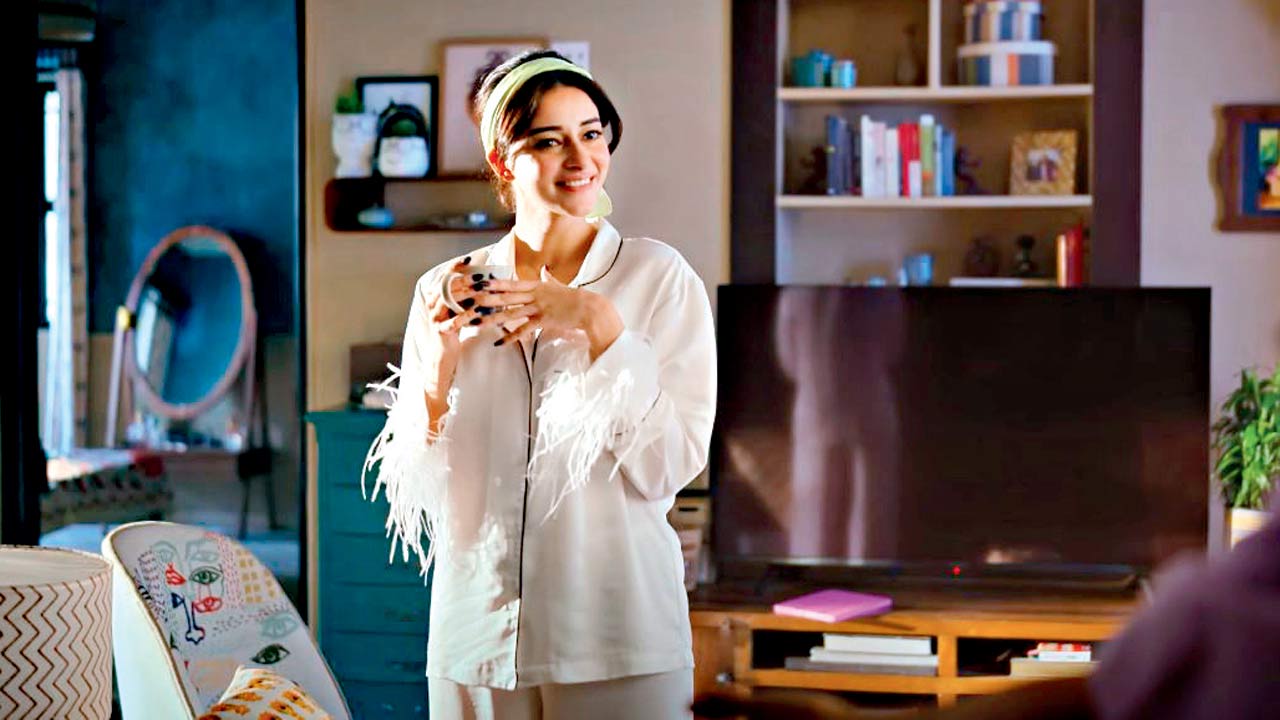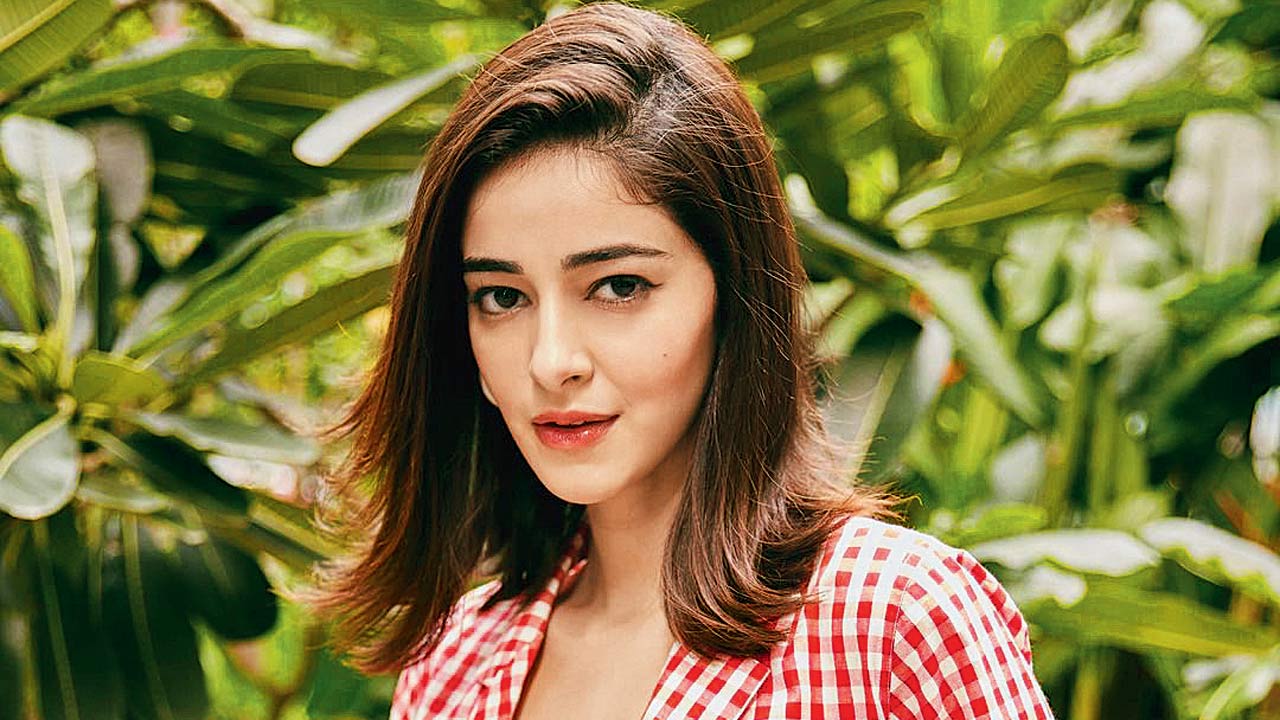Critiqued for playing mainly urban characters, Ananya says heartland stories aren’t the only ticket to mass appeal as she explores comedy with Call Me Bae

Ananya Panday
Why is there no Indian alternative to Emily in Paris? Or maybe there is, in Ananya Panday’s Call Me Bae. The upcoming comedy tells the story of a rich heiress, Bae, who suddenly finds herself without her fortune and privilege. Tell Panday that her maiden web series’ premise reminds one of Legally Blonde (2001), 2 Broke Girls and Schitt’s Creek, and she says it has a bit of all of them. “We need comfort shows and films. Happiness is highly underrated after a long day. You don’t always want to finish your day with something intense; sometimes, you want to be soothed. This show also helped me explore my comic timing. I loved this script. I read all eight episodes in one night,” she says.
To build her character—whom she describes as “positive, kind and uber rich”—for the Collin D’Cunha-directed series, Panday relied on the script, and some of her favourite feel-good movies. She, however, quickly adds, “But when I was acting, I avoided all of my favourites. Bae is culturally contextualised. I went into her relationships and her backstory. Karan [Johar, producer] is right, Bae could easily be a mini Poo.” What was most important to the actor was to humanise the character. “Bae is a product of a great writers’ room. Plus, women telling women’s stories really benefits this. Women characters feel so well-rounded. There is a scene where she is talking to her bag. It seems ridiculous to people, but to Bae, that’s the only way she can let out what she is feeling. Imagine a girl so lonely that on her birthday, the only thing she can talk to is her Louis Vuitton bag! Her vulnerabilities make her who she is. She is lonely and was invisibilised.”
 A still from Call Me Bae
A still from Call Me Bae
The Prime Video offering is also a Mumbai story in a way. Through the Delhi-based protagonist who begins her life anew in Mumbai, the story shows us the city’s hustle culture.
Panday agrees that hustle is “not a far-away life” for her. “A lot of people I know aren’t from the film industry. For me, as an actor who has friends here, I know the landlord stories, the deposit issues and [I have] the awareness that to make it [big here] is difficult and aspirational for many.”

In the past, the actor has attempted comedies. But on this one, she has teamed up with International Emmy-winning comic-actor Vir Das, an experience that she says sharpened her comic skills. “We didn’t meet till we were on set. We started shooting together, and I was reacting naturally to everything. There is one upmanship between the two characters, and I, as Ananya, was getting thrown off. On screen, Vir is playing a deliciously villainous character, but he is so warm off camera.”
Her heiress-turned-hustler act in Call Me Bae, however, furthers the idea that Panday chooses urban narratives and isn’t exactly a natural fit for massy stories. This, even though her filmography includes Pati Patni Aur Woh (2019) and Dream Girl 2 (2023). Does she avoid heartland stories? The actor has a different take on the matter. “There is no one way to be relatable. Even if you don’t look like them, a story can make you relate to them. For instance, Korean films work for us because human emotions are universal. I don’t want to limit myself to doing certain characters from a certain location. You don’t need a certain kind of story to be remembered. I want people to revisit my work. Sometimes shows like Sex and The City are watched again and again, because they don’t take themselves seriously. People watch comedies and think it’s easy to do them, but it’s not. After Kho Gaye Hum Kahan [2023] and Bae, I am challenging myself and I am not getting attached to labels.”
 Subscribe today by clicking the link and stay updated with the latest news!" Click here!
Subscribe today by clicking the link and stay updated with the latest news!" Click here!








